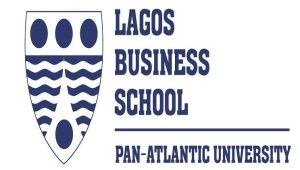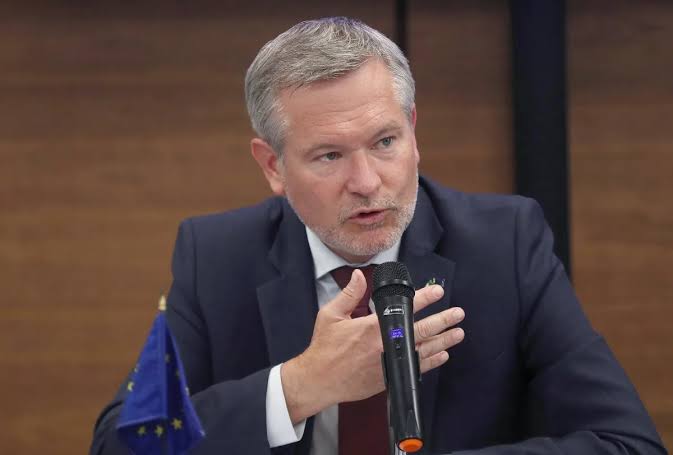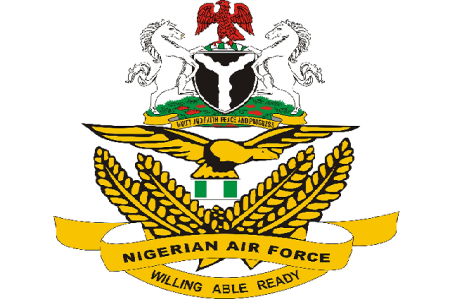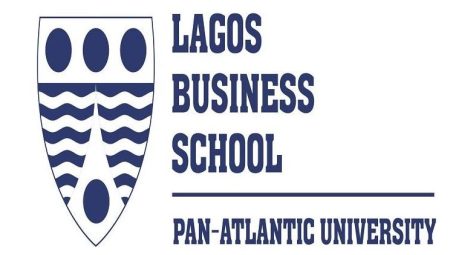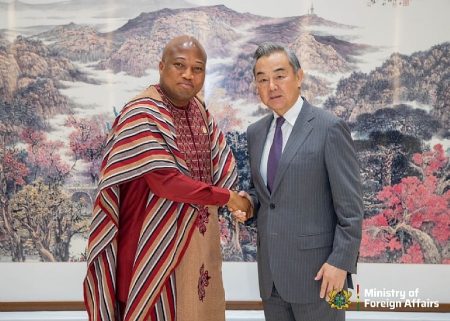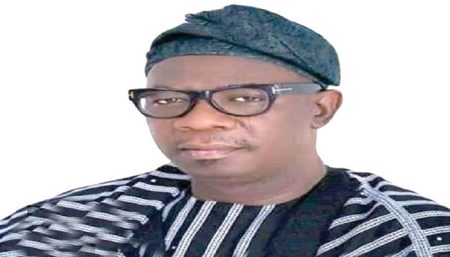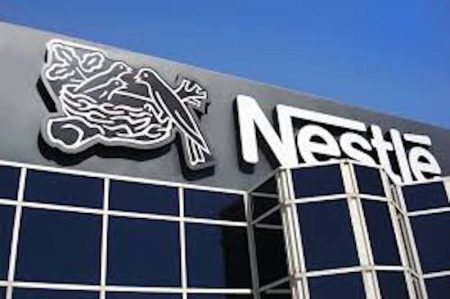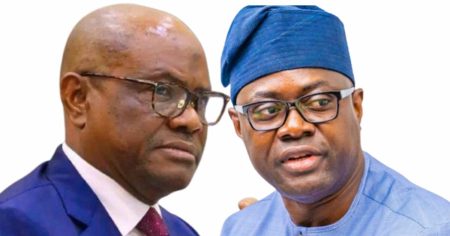Paragraph 1: EU’s Focus on Kano’s Potential
The European Union (EU) recognizes Kano State’s significant potential for investment and entrepreneurship. This potential spans key sectors aligned with the EU Global Gateway Strategy, including agriculture, renewable energy, digital innovation, health, and education. This strategy prioritizes collaborative investments between the EU, its Member States, financial institutions like the European Investment Bank, and the private sector to foster socio-economic development in partner countries like Nigeria. Kano already benefits from this partnership, with existing EU investments in renewable energy infrastructure for schools and healthcare facilities, support for smallholder farmers and manufacturers in traditional sectors like leather and garment production, and initiatives promoting digital innovation.
Paragraph 2: Exploring Enhanced Partnerships and Investments
The EU Ambassador to Nigeria and ECOWAS, Gautier Mignot, emphasized the EU’s commitment to expanding its presence in Northwest and Northeast Nigeria, particularly in Kano State, which serves as a crucial development hub for the region and beyond. The EU delegation’s visit underscored their intention to strengthen partnerships, particularly in the green and digital economies, aiming to create jobs and opportunities, particularly for youth and women. This aligns with the Global Gateway Strategy, which leverages a range of funding instruments, including grants, loans, and guarantees, to mobilize investments alongside EU Member States and the private sector. The EU aims to work closely with both federal and state governments, aligning investments with national and regional priorities.
Paragraph 3: Assessing Existing Projects and Launching New Initiatives
A key objective of the EU delegation’s visit was to evaluate the performance of past projects several years after their implementation. This included a review of ongoing projects, especially in the digital sector. The visit also laid the groundwork for launching new projects in Kano. The EU emphasized the importance of understanding Kano State’s specific needs, vision, and suggestions for future collaboration directly from Governor Abba Yusuf. This approach ensures that EU interventions are tailored to the state’s development priorities and contribute effectively to its socio-economic progress.
Paragraph 4: Kano State’s Receptiveness to Collaboration
Governor Yusuf welcomed the EU delegation and expressed Kano State’s eagerness to partner on sustainable development projects. He acknowledged Kano’s status as Nigeria’s most populous state and a major commercial center, emphasizing the need for deeper collaboration with the EU. While appreciative of past EU contributions, he appealed for increased support, recognizing the immense development needs of the state. The Governor stressed the importance of continued dialogue and interaction with stakeholders to establish a strong foundation for mutual understanding and cooperation.
Paragraph 5: Kano State’s Investment in Human Capital
Governor Yusuf highlighted Kano State’s own substantial investments in human capital development, specifically mentioning the sponsorship of 1,100 students for overseas scholarships. He pointed out that 680 of these students, many of whom specialized in critical fields like medicine, pharmacy, and engineering, have returned to Kano as first-class graduates and have been offered automatic employment by the state government. This demonstrates Kano State’s commitment to nurturing its human resources and leveraging the expertise of its returning graduates to contribute to the state’s development.
Paragraph 6: Focus on Education and Future Collaboration
The Governor also referenced the recent EU-organized ‘Study Fair’ in Kano, which provided information on EU-funded scholarship opportunities for Nigerian students. He expressed Kano State’s intention to actively pursue further collaboration with the EU to secure more educational opportunities for its students in Europe. This reinforces the shared priority of both the EU and Kano State in investing in education as a driver of long-term sustainable development and emphasizes the potential for future partnerships in this crucial area.




